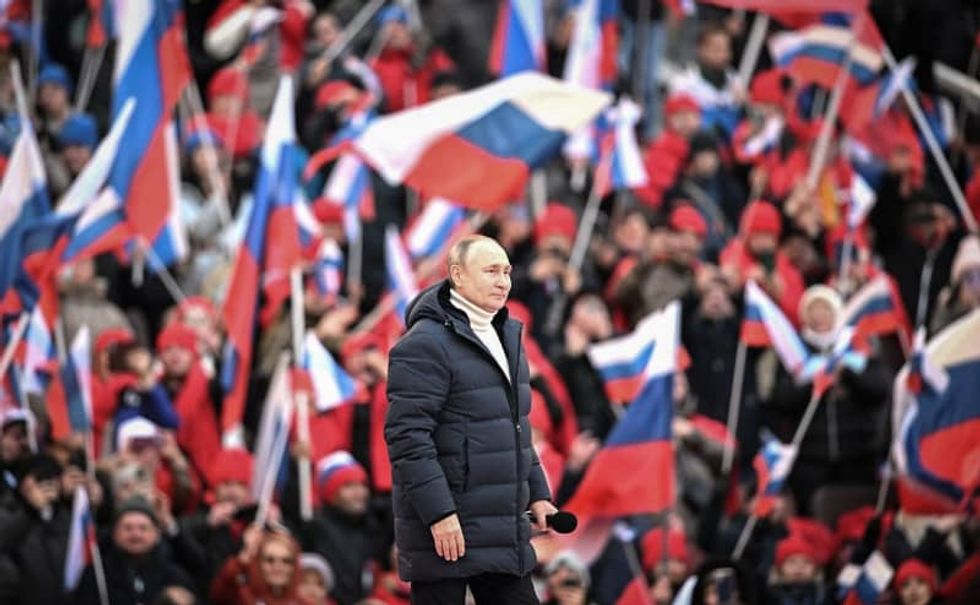

Russian President Vladimir Putin has signed further legislation banning the dissemination of allegedly false news, Moscow media reported on Saturday.
The law penalizes "fake news" not only about the Russian military but also about state authorities active abroad.
The new law, published late on Friday, affects reporting on the work of state authorities, embassies or trade missions, where information seen as false by the Kremlin is published.
It provides for penalties between 700,000 roubles ($6,900) and 1.5 million roubles or prison terms of up to three years for the "public dissemination of deliberately false information under the pretext of true reports."
Russian member of parliament Alexander Chinstein said the law was to support those "who safeguard Russian interests outside its borders."
The penalties are considerably higher for officials, with fines ranging from 3 million to 5 million roubles and terms of five to 10 years in penal colonies. Up to 15 years could be imposed in particularly serious cases.
Opponents have criticised the laws on the grounds that the decision on what news is true and what false is left to the authorities. A separate law prohibits discrediting the work of Russian state authorities abroad.
The laws have been made stricter since the start of Russia's war on Ukraine.




